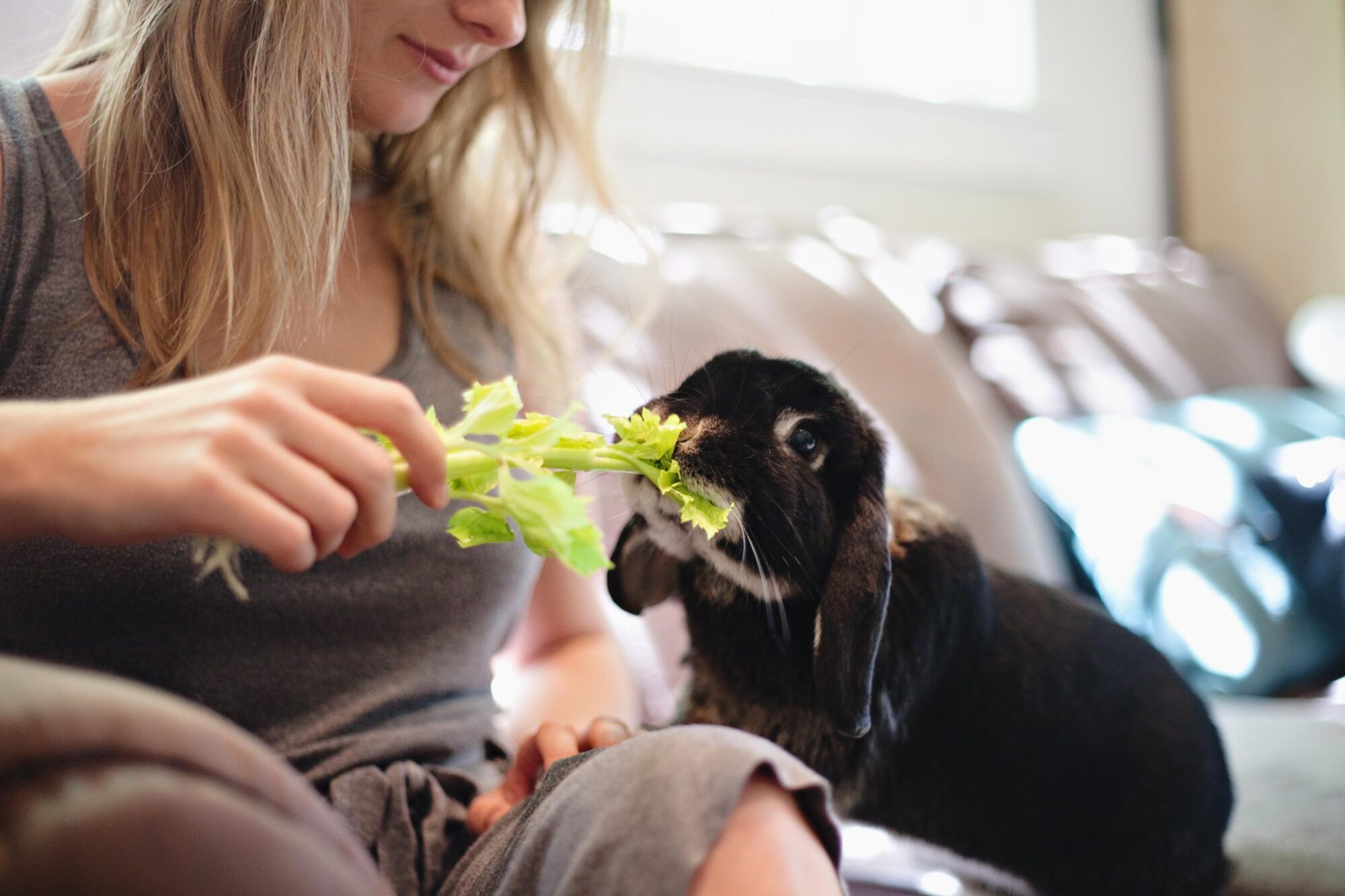Nutritional Needs of Exotic Pets: What You Need to Know

At South Texas Avian & Exotic Hospital, we know the animals we treat. We also know that one of the most important things that you can do for your pets is to provide them proper nutrition. Exotic pet nutrition can be a little involved, and every species is different. Feeding exotic pets correctly, though, is vital to their well-being.
Knowing the Basics
Exotic pet species can be very, very different, but they all fall into one of three categories: herbivore, omnivore, or carnivore. For the best health, a species diet should replicate what it would eat in the wild as closely as possible.
Herbivorous exotic pets (think rabbits, chinchillas, and guinea pigs) eat only plants. They often spend a lot of time foraging, and typically need a lot of fiber to stay healthy.
Omnivorous species (many birds and lizards) need both plant material and animal protein to thrive. Dietary requirements may vary from species to species, and can include things like slugs, worms, millipedes, and other invertebrates. Most omnivorous species transition to a more plant-based diet with age.
Carnivorous exotics (Ferrets, some lizards) rely on other critters, either vertebrate, invertebrate, or both, for their nutrition. Those who eat captive insects often need to have their insects fed nutritionally (“gut loaded”). Carnivorous species often rely on dietary variety to meet their needs.
Vitamin and Mineral Balance for Exotic Pet Nutrition
Many of the conditions that our veterinarians treat our exotic pet patients for involve exotic pet nutrition. Feeding your pet correctly can avoid lots of trouble and heartbreak.
- Fiber deficiency — Lack of fiber can result in gut imbalances, overgrown teeth, and potential behavioral issues.
- Vitamin A deficiency — Vitamin A is an essential nutrient for various bodily functions, including vision, immune system function, and skin and cell health, and is lacking in many exotic diets.
- Metabolic bone disease — Metabolic bone disease (MBD) is a condition caused by the nutritional imbalance of calcium, phosphorus, and vitamin D3. It can lead to weak bones, fractures, and deformities in reptiles, birds, and some small mammals.
- Gout — Gout is a condition, typically in birds and reptiles, in which uric acid accumulates in joints or organs. This leads to pain and swelling. Diets too high in protein can contribute.
- Vitamin C deficiency — Vitamin C deficiency in exotic pets, especially guinea pigs and some primates, causes joint pain, lethargy, bleeding, and poor wound healing. It is most often seen in species unable to synthesize their own vitamin C, requiring adequate dietary intake.
Providing proper exotic pet nutrition is important for enjoying your species of choice and allowing them to thrive. Be sure to learn about your pet so that you know how to best care for them, and please let us know if you have questions.
